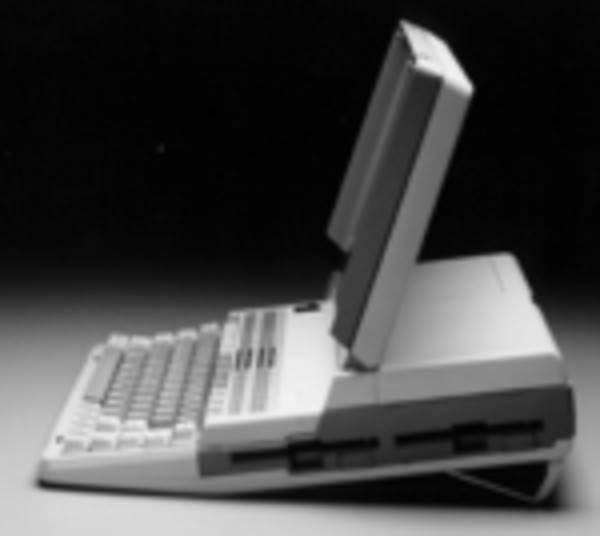The “mix” between desktop and laptop PCs flipped toward the laptop side of the equation for most of the world’s PC manufacturers five years ago. The reason, it was surmised at the time, is that the nature of the workforce is changing: that “the office,” as we have come to know it, is no longer rooted to a desk.

A report issued Wednesday by Forrester Research analyst T. J. Keitt flies completely in the face of that supposition. Data accumulated by Forrester suggests a seemingly self-contradictory phenomenon: Although more U.S.-based IT departments supply their workers with laptops, the most mobile workers in today’s workforce are least likely to use a laptop more than a desktop computer. In fact, more professionals who think they’re more mobile than most, are actually chained to wherever their desktop PC is.
“Computing needs still tether these mobile workers to a desk,” writes Keitt. “The reality is, for the bulk of laptop users, these portable computers merely complement desktops. Fifty-one percent report spending three or more hours a day using a desktop computer. IT departments may be overprovisioning employees, missing a chance to reduce costs through optimization of the number of devices they give workers.”
Some 36% of the 1,432 “hypermobile” professionals in Forrester’s survey who use laptop computers regularly say they also use a desktop computer regularly. Many of these professionals fall under Forrester’s category of “content and collaboration” (C&C) – the class of worker who actually produces information as a work product, rather than just depending on information.
The discontent registered among this class in Forrester’s survey suggests that while hypermobile workers appreciate having a laptop PC, they don’t particularly like the PC itself, and may prefer having something else. Contributing even more to their discontent is that more than half of businesses, as tabulated by Forrester, either expect or suggest workers supply their own smartphones.
Writes Keitt, “To deal with the onslaught of personal devices, most IT departments (56%) have acquiesced, providing some level of support for devices that employees bring in. However, US information workers using their personal phones say that IT giving them a smartphone is important, albeit at a lower rate than employees accustomed to IT paying for their phones. And while these workers have lower expectations of IT providing them with a phone, they indicate that IT still fails to meet this low bar.”

















